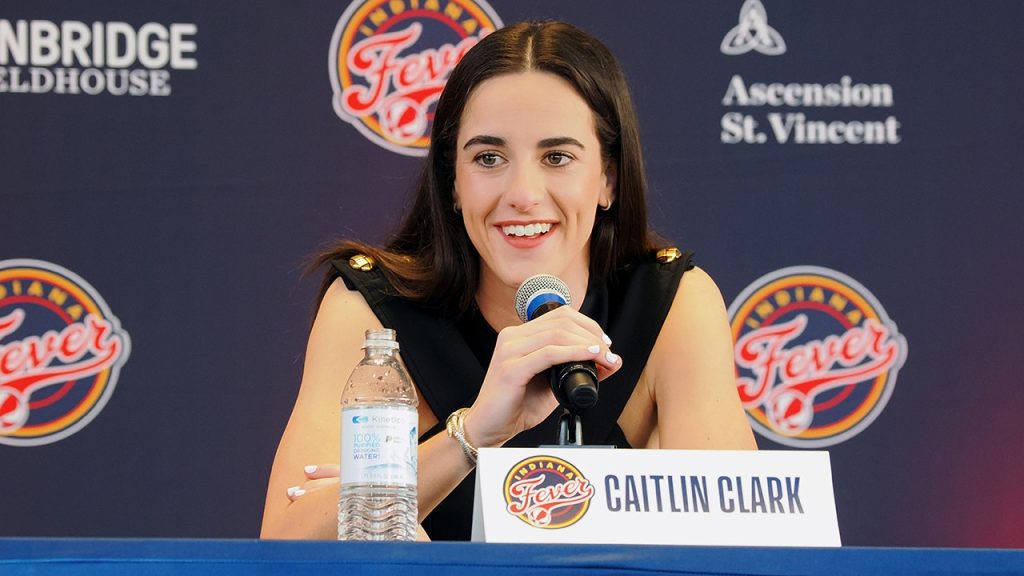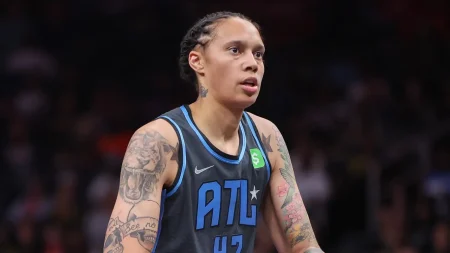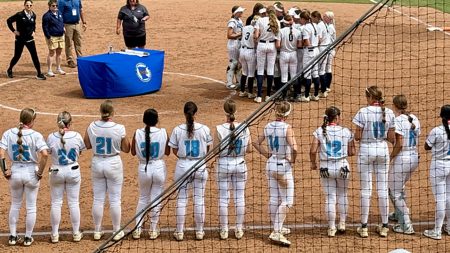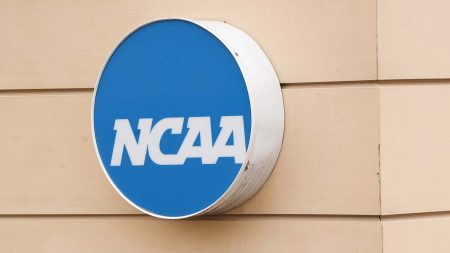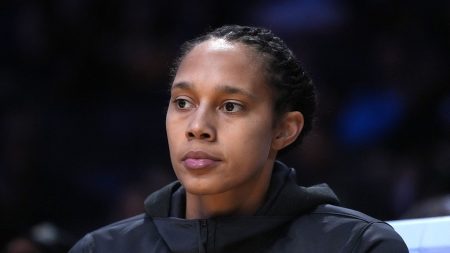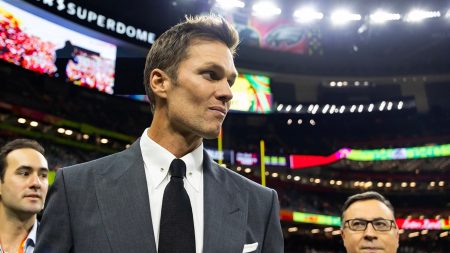Caitlin Clark’s meteoric rise to WNBA stardom has been marked by unprecedented success on the court, coupled with complex conversations surrounding race, privilege, and the historical context of women’s basketball. Her recent designation as Time’s Athlete of the Year underscores her remarkable impact on the sport, but it has also amplified the ongoing dialogue about her positionality as a white athlete in a league predominantly built by Black women. While Clark initially maintained a distance from these discussions, focusing solely on her on-court performance, she has recently engaged more directly with the issues of race and representation within the WNBA.
Clark’s acknowledgement of her white privilege within the WNBA ecosystem represents a significant shift in her public stance. While asserting that she has earned her accomplishments, she recognizes the inherent advantages associated with her race in a league where Black women have historically been the driving force. This acknowledgement aligns with the perspectives of other players, notably WNBA MVP A’ja Wilson, who highlighted Clark’s whiteness as a factor in her widespread popularity. This is not to diminish Clark’s undeniable talent and hard work but rather to contextualize her success within the broader historical landscape of the WNBA. It opens a crucial conversation about how race and representation intersect with marketing, media attention, and fan engagement.
The discourse around Clark’s racial identity intensified following incidents involving fans and fellow players. Allegations of racist behavior by some fans directed towards Black players further complicated the narrative, raising questions about the environment within the league and the responsibility of prominent figures like Clark to address such issues. DiJonai Carrington’s previous criticisms of Clark for not speaking out against racism highlight the expectation that white athletes with significant platforms use their influence to advocate for racial justice within their respective sports. Clark’s evolving stance suggests a growing awareness of this responsibility.
Clark’s initial reticence to engage in discussions about race and representation stemmed from a desire to focus on basketball and avoid external distractions. Her earlier statements emphasized her commitment to the game and her team, suggesting a belief that engaging in conversations beyond the court would detract from her performance. However, the persistence of these conversations and the escalating tensions surrounding race within the league ultimately prompted a shift in her approach. Her more recent comments indicate a willingness to acknowledge the complexities of her position and the importance of addressing issues of race and equity.
Clark’s evolving perspective signifies a growing understanding of the interconnectedness of sports, race, and social responsibility. Her acknowledgement of the WNBA’s historical reliance on Black talent and her call for increased investment in and elevation of Black women within the league demonstrate a willingness to engage with the broader context surrounding her success. This shift aligns with the increasing expectation that athletes, particularly those with significant platforms, utilize their influence to advocate for positive social change. By recognizing her privilege and advocating for greater equity within the WNBA, Clark is moving beyond the role of simply an athlete and embracing a position of leadership and social consciousness.
The ongoing conversation surrounding Caitlin Clark’s place within the WNBA reflects the broader societal reckoning with issues of race, representation, and privilege. Her journey from a rising star focused solely on basketball to an athlete engaging with complex social issues represents a significant evolution. As she continues her remarkable career, her willingness to acknowledge her privilege, advocate for greater equity, and use her platform to address important conversations will undoubtedly shape her legacy both on and off the court. This ongoing dialogue highlights the increasing importance of athletes using their influence to promote positive change and contribute to a more inclusive and equitable sports landscape.




